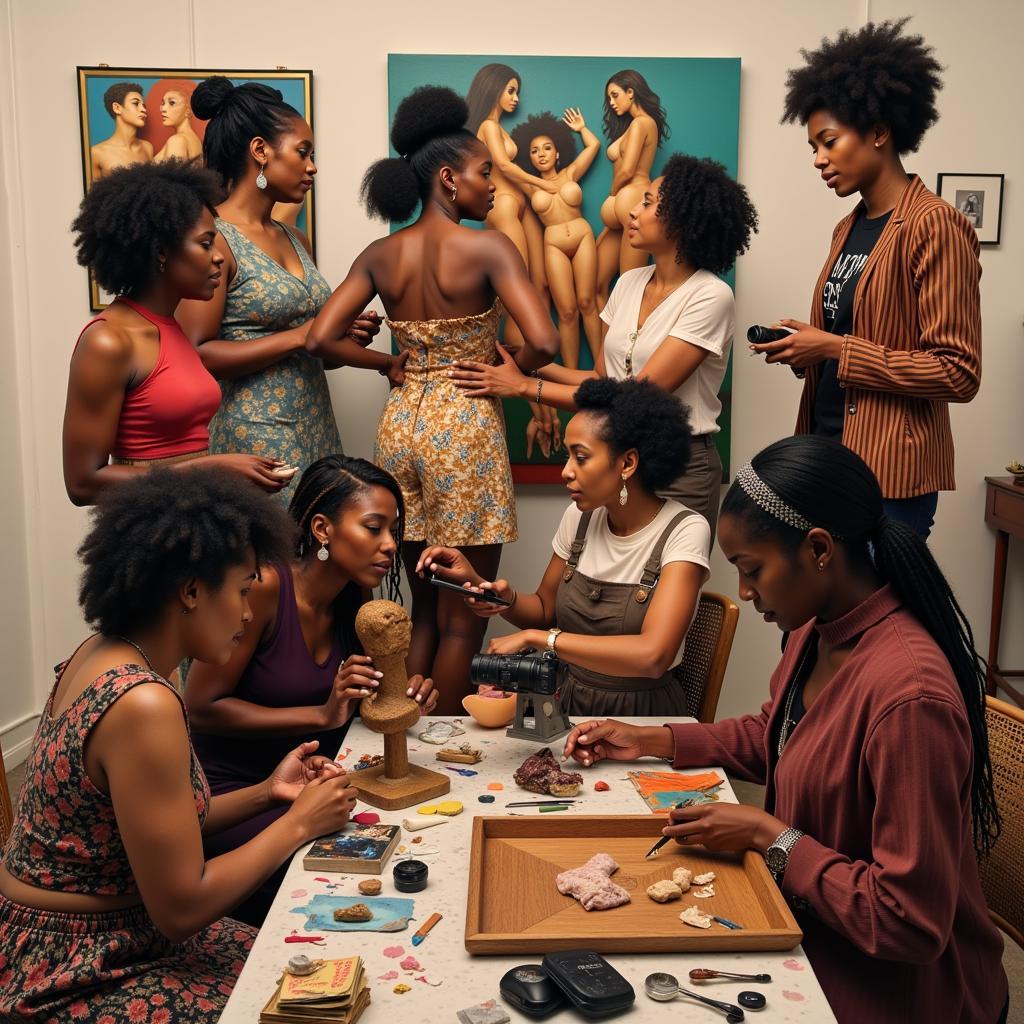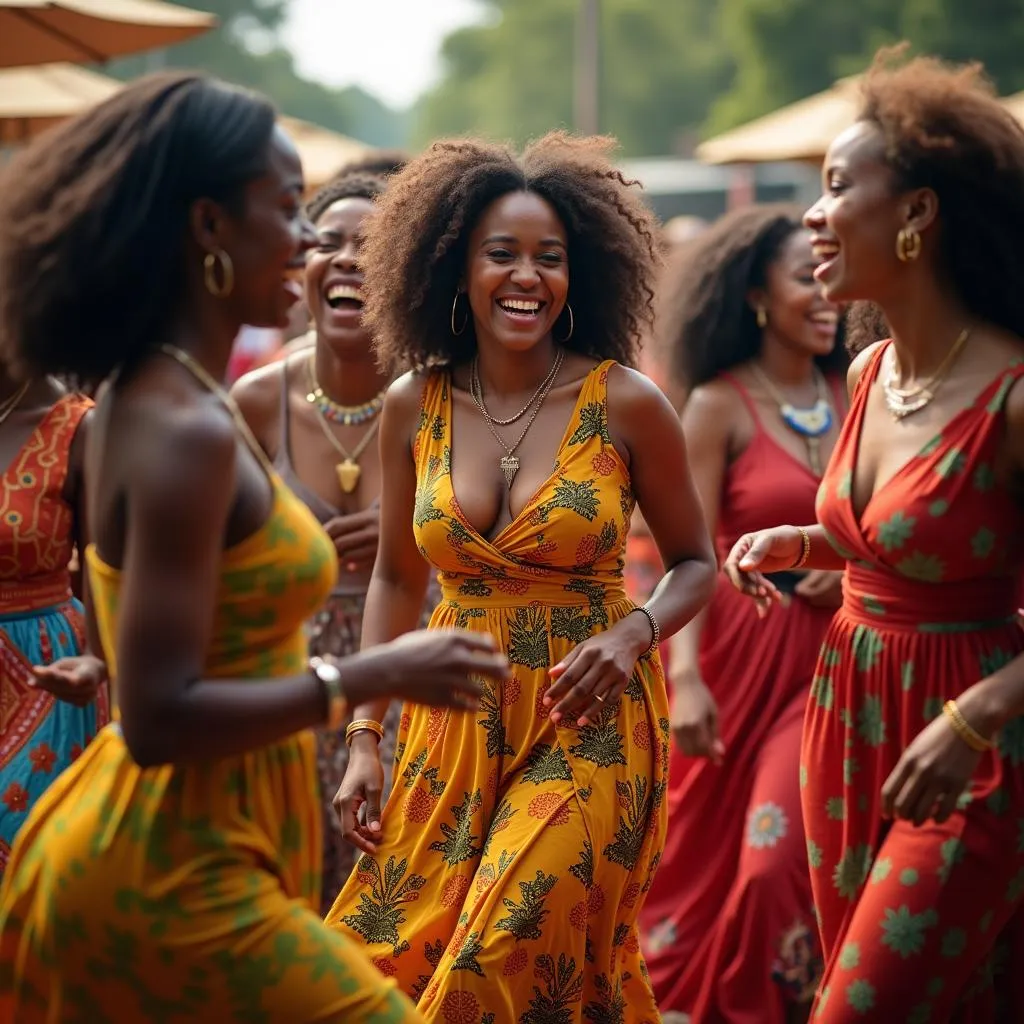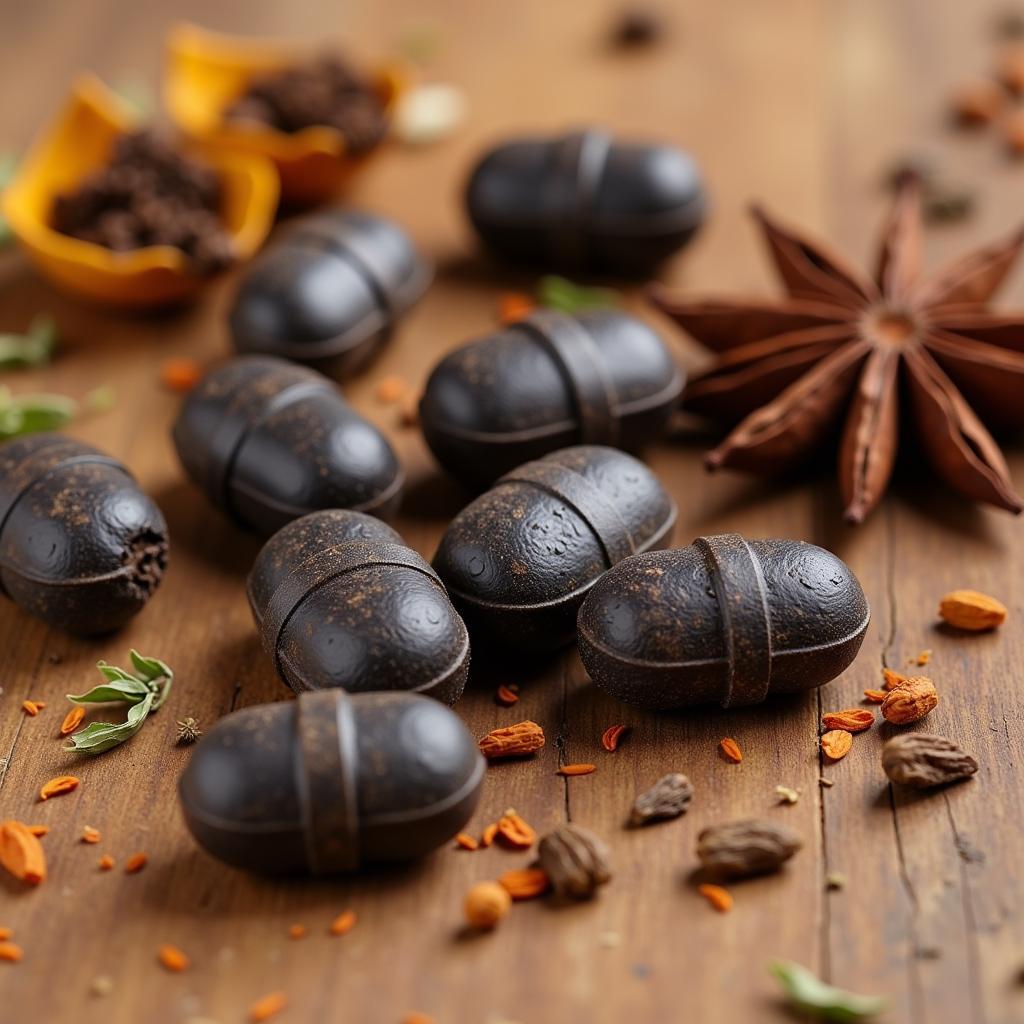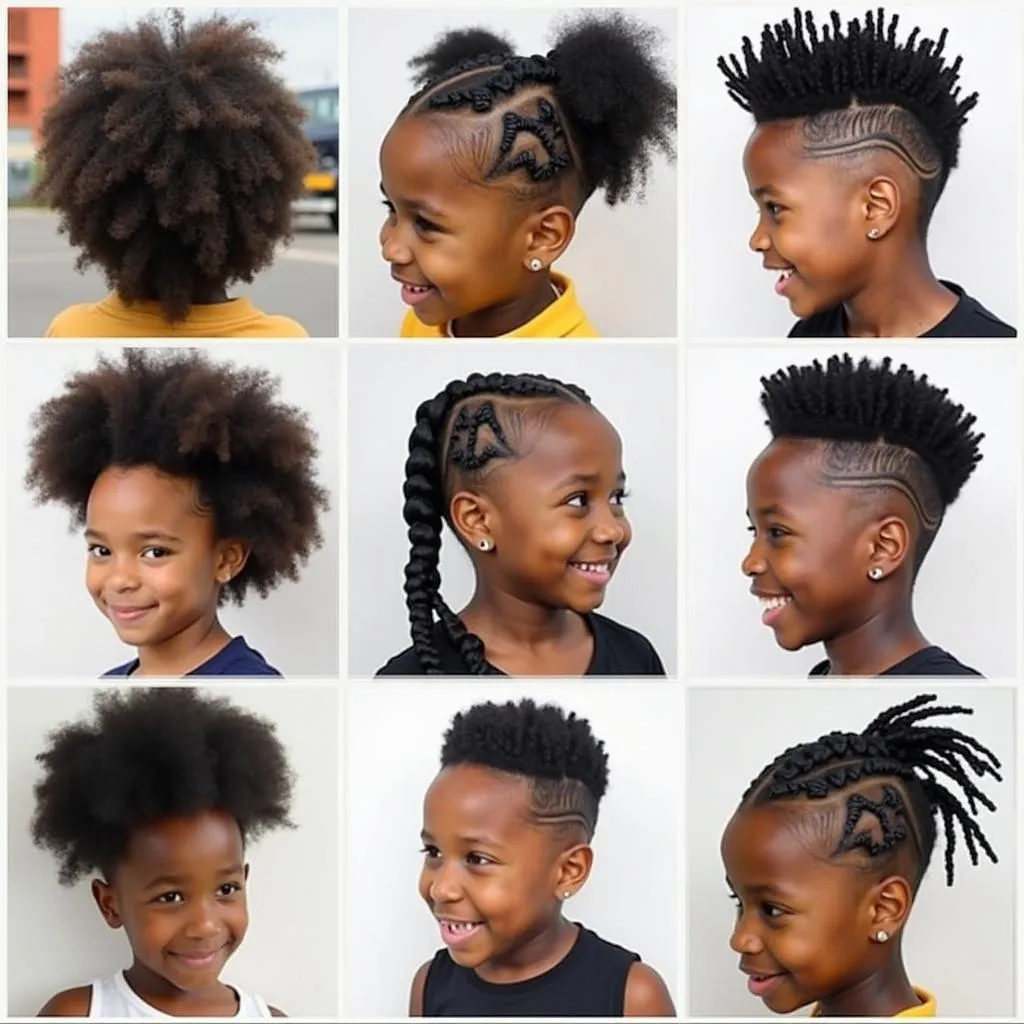African Artists: A Celebration of Creativity and Cultural Expression
Africa is a continent brimming with creativity, and its artists are a testament to its rich cultural heritage and dynamic present. From traditional art forms that have been passed down for generations to contemporary works that push boundaries and redefine artistic expression, African artists are making their mark on the world.
A Tapestry of Artistic Traditions
Africa’s artistic landscape is diverse, encompassing a vast array of styles, techniques, and materials. Each region and ethnic group has its own unique artistic traditions that reflect their history, beliefs, and way of life.
Traditional Art Forms
Traditional African art is often characterized by its vibrant colors, intricate patterns, and symbolic representations. Some of the most well-known forms include:
- Sculpture: From the majestic bronze castings of the Benin Bronzes to the intricate wood carvings of the Yoruba people, African sculpture showcases the artistic skill and cultural values of various communities.
- Painting: Bright colors and bold patterns adorn many traditional African paintings, often depicting scenes from daily life, mythology, and religious beliefs.
- Textiles: Intricate weaving, dyeing, and embroidery techniques are employed to create beautiful and functional fabrics, such as kente cloth, bogolanfini, and aso oke.
Contemporary Art: A Modern Evolution
While traditional art forms continue to thrive, African artists are also pushing the boundaries of contemporary art, exploring new ideas, mediums, and techniques.
- Painting and Sculpture: Contemporary African artists are experimenting with mixed media, abstract concepts, and social commentary in their work.
- Performance Art: From dance and theater to music and spoken word, performance art is a powerful way for African artists to express their stories and connect with audiences.
- Digital Art: The rise of digital technology has opened new avenues for artistic expression, and African artists are embracing these tools to create innovative and interactive works.
Influences and Inspirations
African artists draw inspiration from a multitude of sources, including their own culture, history, and personal experiences. They also engage with global trends and movements, contributing their unique perspectives to the international art world.
- Social and Political Issues: Many African artists use their work to address social and political issues, highlighting the challenges and triumphs of their communities.
- Nature and Spirituality: The natural world and traditional beliefs continue to inspire African artists, creating works that reflect the deep connection between humans and their environment.
- Global Connections: African artists are increasingly engaging with international collaborations and exchanges, enriching the art world with their unique voices and perspectives.
African Artists Making a Difference
“The beauty of art lies in its ability to connect us, inspire us, and provoke thought,” shares Dr. Amina Jamil, a renowned art historian and curator. “African artists are playing a vital role in shaping the narrative of their continent and enriching the global artistic landscape.”
Several notable African artists are making significant contributions to the art world:
- El Anatsui: A Ghanaian artist known for his large-scale installations made from recycled aluminum bottle caps, which are often inspired by African textiles and patterns.
- Yinka Shonibare MBE: A Nigerian-born artist who explores themes of identity, colonialism, and globalization in his mixed-media sculptures and installations.
- Kerry James Marshall: An American artist with African-American heritage, whose paintings often depict African-American life in a bold and vibrant style.
These artists and many others are pushing the boundaries of art and contributing to a vibrant and dynamic artistic landscape.
Exploring the World of African Art
Learning about African artists is an enriching experience that deepens our understanding of culture, history, and creativity. There are numerous ways to engage with African art:
- Visit art galleries and museums: Many museums around the world have collections of African art, offering a glimpse into the continent’s rich artistic heritage.
- Attend art festivals and exhibitions: Art festivals and exhibitions provide an opportunity to experience contemporary African art firsthand and engage with artists and collectors.
- Support local artists: Purchase artwork from local artists, attend workshops, and engage with the artistic community in your area.
- Explore online resources: Numerous websites, blogs, and online galleries showcase African art, offering a wealth of information and inspiration.
FAQ
Q: What are some of the challenges facing African artists?
A: African artists often face challenges in accessing funding, resources, and international recognition.
Q: How can I support African artists?
A: You can support African artists by purchasing their work, attending their exhibitions, and sharing their work with others. You can also donate to organizations that support African artists and their communities.
Q: What are some of the key themes explored in African art?
A: African art often explores themes of identity, history, spirituality, nature, social justice, and the human condition.
Q: What makes African art unique?
A: African art is unique in its diversity, vibrant colors, intricate patterns, and symbolic representations. It reflects the rich cultural heritage and traditions of the continent.
Q: Where can I learn more about African art?
A: You can learn more about African art by visiting museums, attending exhibitions, reading books and articles, and exploring online resources.
The vibrant world of African art is a testament to the continent’s creativity and cultural richness. By celebrating and supporting African artists, we can contribute to a more inclusive and diverse artistic landscape.



